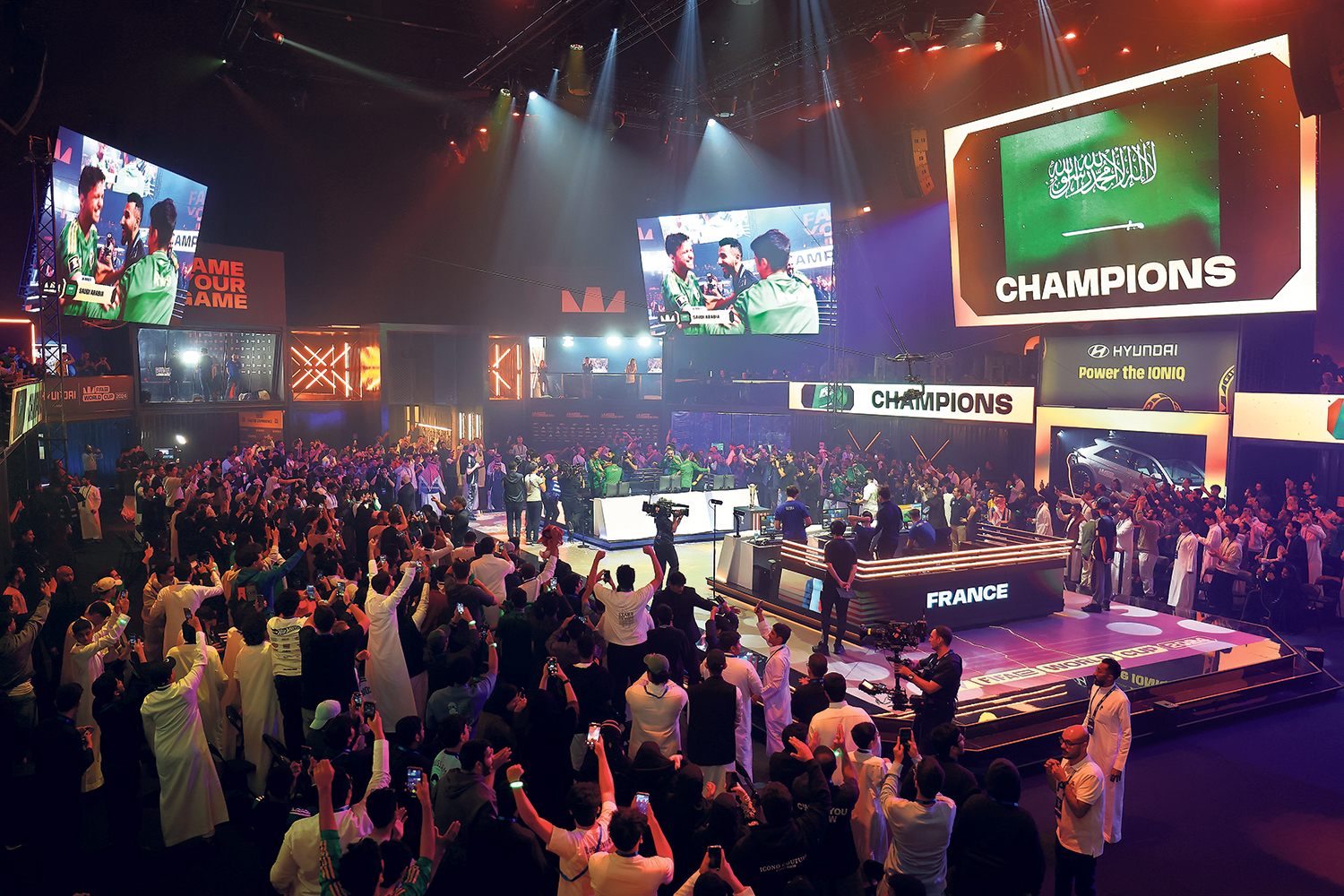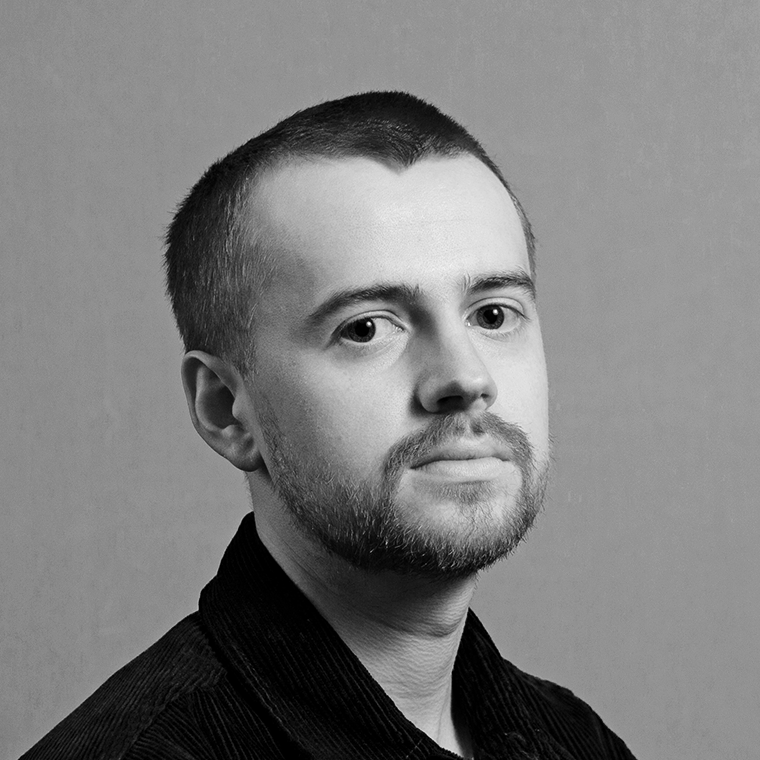You can tell a lot about someone from their favourite video game, so what does it say that Saudi Arabia’s crown prince Mohammed bin Salman loves Age of Empires? It’s a sprawling saga across time and space that rewards patience, planning and strategy. It might sound familiar.
Vision 2030, Saudi Arabia’s plan to diversify its economy away from oil, has left few corners of the world untouched. It is forward thinking to a degree that is at odds with the way many of us go about our lives, which are divided up into the more modest chunks of school years, football seasons or political terms. It is also an exercise in empire building.
Many domains of the kingdom have been well surveyed, particularly those relating to major sports: LIV Golf, the 6 Kings Slam tennis tournament, a stake in Formula One team Aston Martin, ownership of Newcastle United. The bullish announcements have developed a working relationship with the furious response, and there’s a rhythm now to the serve and to the return.
An understudied corner is esports, which holds its World Cup in Riyadh every year. The latest iteration starts on Tuesday, with Al-Nassr’s Cristiano Ronaldo as the official global ambassador. This is no coincidence. Saudi Arabia’s Public Investment Fund (PIF) has poured tens of billions of dollars into the gaming industry, and esports is the flashy public face of its ambitions. A company funded by PIF called Savvy Games Group owns 40 per cent of the global market.
‘Esports is no longer just an awkward appendage to the traditional video game industry’
‘Esports is no longer just an awkward appendage to the traditional video game industry’
It wasn’t always like this. When more than 10,000 Americans competed in the Space Invaders Championship of 1980, they couldn’t have anticipated the riches that might have come their way had they been born four decades later. Next week’s Esports World Cup has a prize pot of $70 million (£51 million), roughly equivalent to what is paid out at Wimbledon and a welcome addition to salaries that see the best players make half a million dollars a year.
With this level of money involved, esports is no longer an awkward appendage to the traditional video game industry. It is a culture unto itself. Take Team Liquid, who are the most successful club in history and seemingly also a magnet for sporting icons. A couple of months ago they acquired an esports team founded by the great Dutch footballer Ruud Gullit. Shortly before that they signed Magnus Carlsen, the chess grandmaster who competes next week. This is before you get to ownership, which falls to a sports management company that counts among its investors the former basketball player Magic Johnson, as well as executives and other bigwigs from the Los Angeles Dodgers, Golden State Warriors and Chicago Cubs.
So to the World Cup and 49 days at Boulevard City in the north of Riyadh. The centrepiece of the complex is a simulacrum of New York’s Times Square, although the competition will take place at four dedicated arenas that can collectively seat 73,000 people. William “Blitz” Lee, a coach at Team Liquid, characterises it as a weird space. “You can tell they’ve just started to modernise,” he said. “There’s a Cheesecake Factory and a Chuck E Cheese, and then stretches of desert.”
Thousands of players, nearly all of them men, will descend on this phantasmagoria from more than 100 countries. There they will battle it out across dozens of video games, including Counter-Strike 2, Street Fighter 6 and Tekken 8, with prizes on offer for individuals, teams and clubs. For all of its geekiness, the competition generates many of the same pressures as high-level sport.
Blitz can’t watch his team with the rest of the staff. He paces privately, a nervous father waiting for his children to return from war. “ I’m a helicopter parent or a tiger mom,” he said. “I want everything to go well for my kids.” When he coached his players to victory at The International 2024, he cried until his nose was red as his own mum sobbed in concert from the crowd. “I’m good enough to admit that I’m shit,” he said after the final. “But I’ve got great people around me.”
His five-person team plays Dota 2, a sophisticated strategy game that OpenAI has previously used to show off the capabilities of its large language models. It demands rapid problem solving, good communication and what Blitz calls “brutal efficiency”. Of course, his players aren’t doing torso twists and the carioca to prepare for the competition. But they are following routines, sleeping well, getting their brains warmed up and eating the right food so that they don’t feel sluggish.
Newsletters
Choose the newsletters you want to receive
View more
For information about how The Observer protects your data, read our Privacy Policy
The debate about whether esports are sports can be a distraction. But in a few words, reaching the top requires mental and physical exertion, brilliant hand-eye coordination and quick reflexes. Blitz is first to admit that being a video games whizz is nothing like competing in the NFL, but this is self-evident. It is the likes of darts and golf that may also be found wanting if esports is denied its place.
Certainly there is a bit of the same anima. Sports teams generate incalculable human emotion from the wellspring of history, community and competition. Esports players conjure up their own moments of ecstasy, angst and agony, even if their world is younger and smaller, their kin spread across continents and computer networks.
Saudi Arabia is the hulk over both houses. Its generosity brings the promise of success, excitement and wealth. But it also breeds moral equivocation and the fear that everything might come to ruin; that somewhere between the foot and the ball, the controller and the screen, the human spirit flees.
Photograph by Abdullah Ahmed/FIFA via Getty Images

